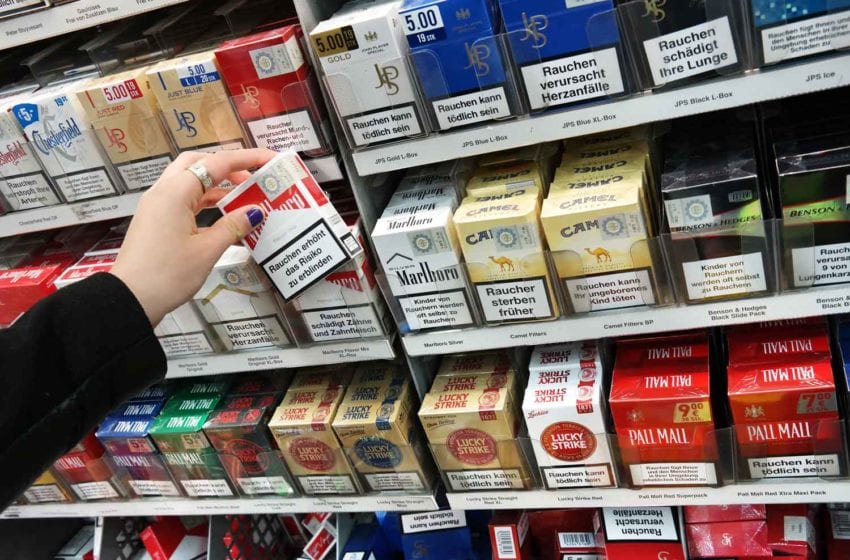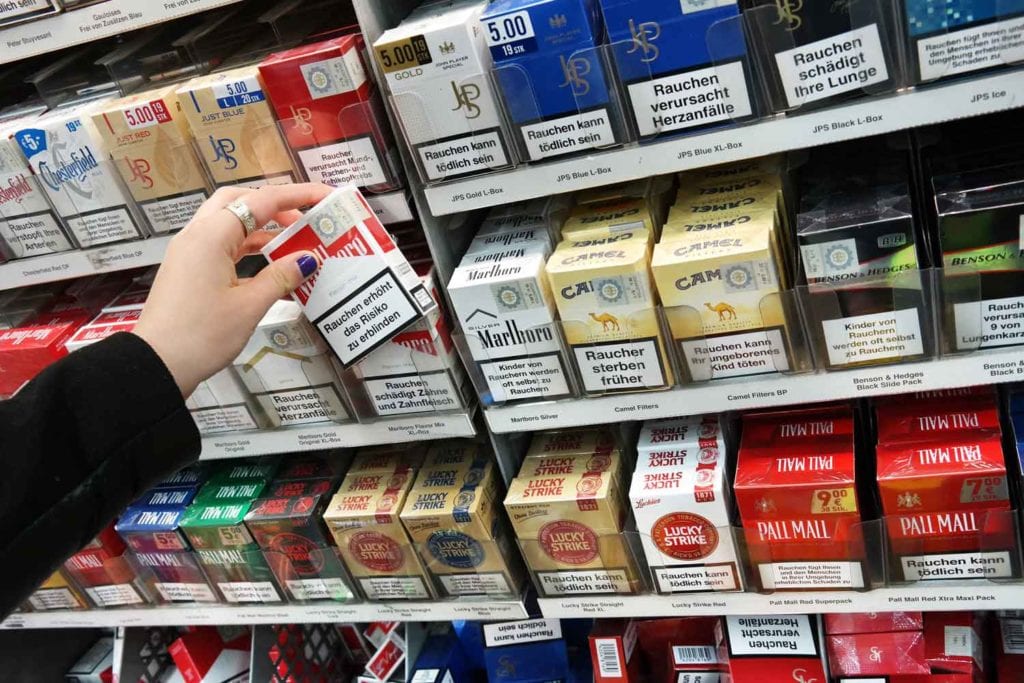Study: Tax Hikes Boost Big Brands
- Featured News This Week Taxation
- June 23, 2021
- 0
- 0
- 3 minutes read


Tax hikes can disproportionately favor bigger brands while tightened restrictions can hurt them, according to a new study by the UBC Sauder School of Business reported by Medical Express.
Researchers examined U.S. cigarette sales data from 2005 to 2010 and retail scanner data from 2006 to 2010. They also analyzed a comprehensive dataset that comprised state-level cigarette taxes, state-level smoking restrictions and national anti-smoking advertising campaigns.
After modeling each smoker’s brand and purchase quantity, the researchers looked at how the taxes, restrictions and ad campaigns influenced their decisions across different brands and price tiers.
They found that while tax hikes may reduce overall sales, big brands’ market shares tend to increase at the expense of smaller competitors.
“Market leaders such as Marlboro were able to absorb more taxes and pass less cost down to their consumers,” said UBC Sauder Assistant Professor Yanwen Wang, who co-authored the study. “So, when consumers look at the prices, it seems like Marlboro has raised prices less when compared to smaller brands.”
Conversely, smoking restrictions seem to hit bigger brands harder—likely because they take away smoking’s brand-driven “cool” factor. With fewer places to light up, it becomes harder for consumers to signal who they are through smoking, which in turn reduces the incentive for smokers to purchase higher equity brands.
The study also shows that while the taxes may help governments boost their bottom lines, ultimately, smokers pay a heavier price. In fact, the researchers found that a 100 percent tax hike leads to a 30 percent increase in the rate of smokers quitting, but it puts the cost on consumers—and only lifts overall tobacco tax revenue by roughly 28 percent because of declining sales.
In contrast, strong smoking restrictions boost quit rates by 9 percent and reduce tax revenues by 6 percent—so while consumers may experience some inconvenience in terms of where they can smoke, they don’t shoulder the economic costs.
